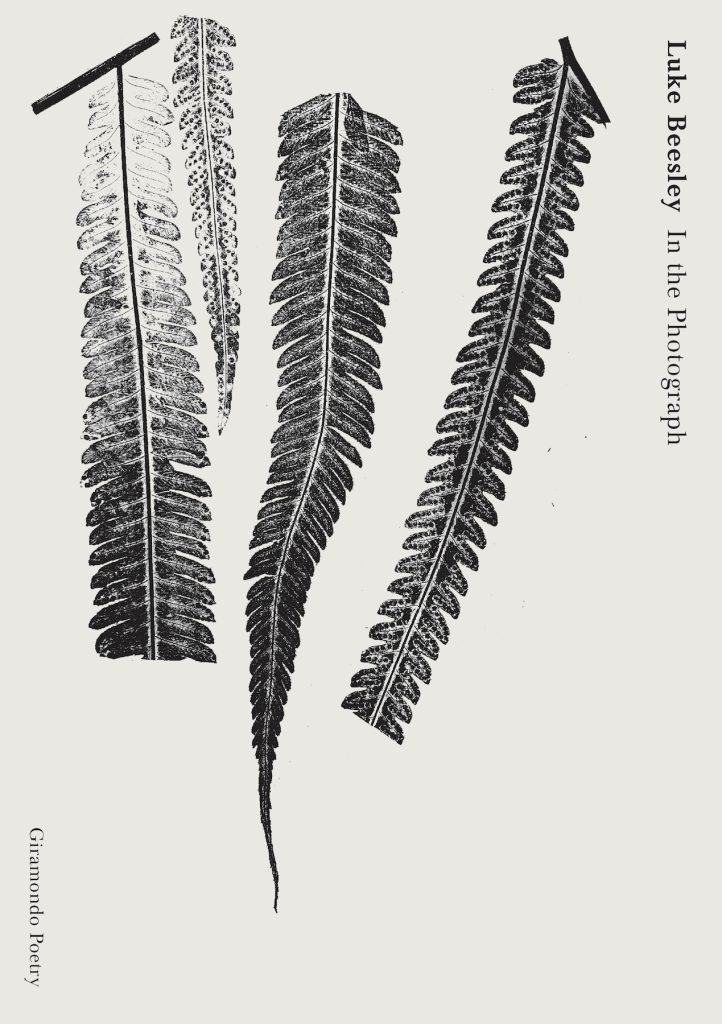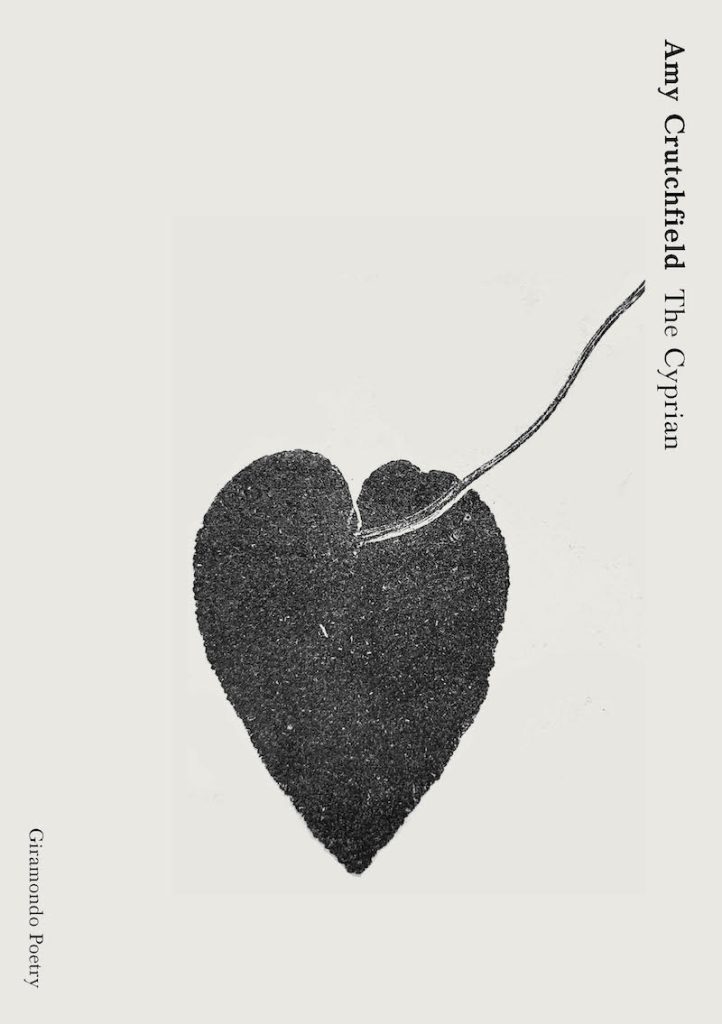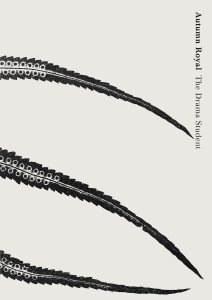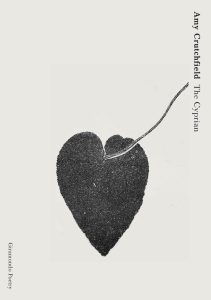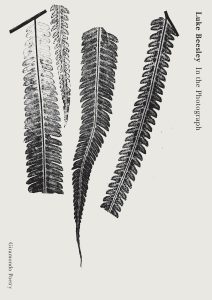Poets Luke Beesley, Amy Crutchfield and Autumn Royal shortlisted for the Prime Minster’s Literary Awards 2024

Three Giramondo authors have been shortlisted for the 2024 Prime Minister’s Literary Awards in Poetry: Luke Beesley for In the Photograph, Amy Crutchfield for The Cyprian and Autumn Royal for The Drama Student.
The awards recognise individual excellence and the contribution Australian authors make to the nation’s cultural and intellectual life. The finalists were announced on 15 August.
Judges’ comments, In the Photograph
Luke Beesley’s In the Photograph offers a series of vignettes that capture the poetic imagination in flight. In these prose poems, capacious and playful, the subtle ‘twists in emotional grammar’ inconspicuously ‘concertinaed’ in the seconds of our diurnal existences billow out into surreal and hypervivid epiphanies.
Shuttling between the suburban and the sublime, Beesley finds provocations in everything, from the way light falls across cut lettuce to a Melbourne water tower to the music of Belle and Sebastian. These perceptions and reveries are seasoned with prosodic precision: the prospect of facing rush-hour traffic incites ‘a very small fear of the day’s adult inevitability’; a daydream about the painter Cy Twombly recalls ‘yesterday’s listlessness in the unusual spring heat, and this late sequence of strange clarity’.
This is a savvy collection that moves comfortably within the world of the visual arts, cinema, and music; yet it is also at home in the rounds of domestic routine and familial intimacy. This intimacy transfuses the poet’s relationship to words and his artmaking so that the quirks of fatherhood transmogrify into a home-grown practice of Dada. In pulling off such unlikely juxtapositions, this book provides conclusive proof of the compatibility between formal experimentation and democratic appeal.
Judges’ comments, The Cyprian
Amy Crutchfield’s The Cyprian reappraises the figure of Aphrodite—Greek goddess of beauty, lust, love, procreation and passion—from a contemporary vantage point, finding in Aphrodite a capacious and complex avatar for love and its violent destruction across time.
In incisive lyric poems, Crutchfield brings the mythic into contact with the quotidian, using Aphrodite to explore women’s loves, needs and losses. Counterpointing poems concerned with the female perspective are explorations of male desire, misogyny, power and control. Crutchfield is alert to the idealisation, eroticisation and demonisation of women in visual art and history and considers these questions in relation to the deifying gaze in Bonnard and Picasso’s cruelty to his lovers, among others, demanding we reckon with old shibboleths: ‘There are not enough museums / for all we once believed in,’ the poet tells us.
While Crutchfield brings a classicist’s range of reference to bear in The Cyprian, the poems are frank, lively and acerbic, as befits one ‘who says what she means and / means what she says.’ Crutchfield’s lines are almost aphoristic in their concision yet see through to worlds magnitudes larger, and her voice arrives fully-fledged, and entirely in command.
Judges’ comments, The Drama Student
A suite of eerily suggestive performances, Autumn Royal’s The Drama Student rehearses the modes and moods of an array of poetic genres – from the elegiac to the anacreontic – to lay bare the inseparability of candour and artifice.
These are poems that manifest an impressive discipline of attention: to the body in its libidinal contortions; to the furtive expressivity of fabrics; and to the brittle self-possession of the artist, whether of the stage or page. Royal’s voices evince a poise collected and confected from the debris of self-exposure, and from the pressure of what remains unsaid: ‘I want these words to thicken – to form a cloth case for the bolster / stuffed with denial.’
In its mastery of atmosphere and implication, The Drama Student belongs to a lineage that includes poets such as Robert Browning, Sylvia Plath, and Emma Lew. It is a learned book, deeply embedded in a literary history of lamentation that culminates in the citational bravura of its concluding prose poem, ‘Soliloquy’.
The density of allusions in Royal’s work is emblematic of a generosity it extends not just to other writers, but also to the reader in recognising the excess and violence that often characterise the life of our emotions.
The winners will be announced on 12 September 2024.
